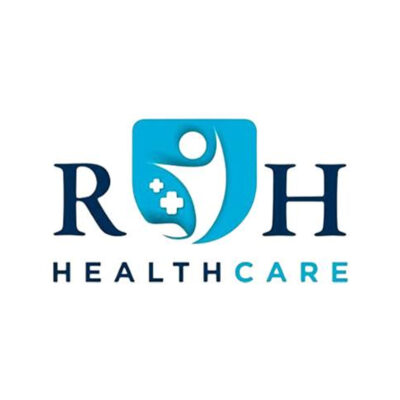Hand Hygiene Compliance: Tips for Healthcare Providers

Hand hygiene is crucial in healthcare settings to prevent the transmission of diseases. Proper hand hygiene practices protect both patients and healthcare workers. However, maintaining good hand hygiene can be challenging due to busy schedules and other factors. This guide provides simple tips for improving hand hygiene in healthcare, emphasizing the proper use of gloves like examination hand gloves, surgical hand gloves, shock-proof hand gloves, vinyl hand gloves, and household hand gloves. R H Healthcare offers a range of gloves to support these practices.
Why Hand Hygiene is Important in Healthcare
Hands are one of the primary ways infections are transmitted in healthcare facilities. Proper hand hygiene, including washing and using hand sanitizers, significantly reduces the risk of spreading germs. This practice is essential for preventing infections in hospitals and clinics.
Factors Affecting Hand Hygiene Compliance
- Heavy Work Pressure: Busy schedules and heavy workloads can make it difficult for healthcare workers to consistently practice hand hygiene.
- Availability of Supplies: The availability of soap, water, hand sanitizers, and gloves can impact the ability to maintain good hand hygiene practices.
- Skin Irritation: Frequent hand washing can cause skin irritation, which may lead to reduced compliance with hygiene practices.
- Knowledge and Training: A lack of awareness about the importance of hand hygiene and the proper techniques can result in poor compliance.
Tips for Improving Hand Hygiene Compliance
1. Regular Training
- Importance and Techniques: Provide ongoing training on the importance of hand hygiene and proper techniques. This includes when and how to wash hands, use hand sanitizers, and the appropriate use of gloves.
- Glove Education: Educate staff on the different types of gloves and their uses:
- Examination Hand Gloves: For routine checkups to prevent contamination.
- Surgical Hand Gloves: For surgeries to maintain a sterile environment.
2. Ease of Access to Hygiene Supplies
- Ensure that hand hygiene facilities and hand sanitizers are easily accessible at all points of care.
- Provide various types of gloves, including vinyl hand gloves and household hand gloves, depending on the task.
3. Appropriate Glove Use
- Shock-Proof Hand Gloves: Use these gloves when there is a risk of electrical shock.
- Vinyl Hand Gloves: Suitable for short tasks with low infection risk.
- Household Hand Gloves: Used for cleaning and handling chemicals, protecting from irritants.
4. Promote Skin Health
- Use gentle soaps, moisturizers, and lotions to prevent skin irritation, encouraging better compliance with hygiene practices.
5. Develop a Culture of Hand Hygiene
- Promote a culture that values hand hygiene. Leadership should be committed, and reminders like posters should be used. Encourage teamwork in promoting good practices.
- Recognize and reward good hand hygiene practices to motivate staff.
6. Monitoring and Feedback
- Regularly monitor hand hygiene practices through observations or electronic systems.
- Provide constructive feedback to improve compliance. Positive reinforcement helps maintain good practices.
7. Hand Hygiene Audits
- Conduct regular audits to assess compliance with established hand hygiene practices. Use these audits to identify areas for improvement and track progress.
- Share audit results with staff to encourage better practices.
8. Involve Patients
- Educate patients about the importance of hand hygiene and encourage them to remind healthcare providers to wash their hands. This can reinforce good practices and create a safer environment.
Conclusion
Improving hand hygiene in healthcare settings is essential for preventing infections and ensuring the safety of everyone involved. Facilities can enhance their hand hygiene practices through regular training, easy access to hygiene supplies, appropriate glove use, skin health promotion, and fostering a culture of hand hygiene. Regular monitoring, feedback, and involving patients in the process further support these efforts.
R H Healthcare provides a variety of gloves, including examination hand gloves, surgical hand gloves, shock-proof hand gloves, vinyl hand gloves, and household hand gloves, which are crucial for maintaining good hand hygiene standards and ensuring safe care for patients. Proper glove use is a critical component of effective hand hygiene and infection control in healthcare settings.
